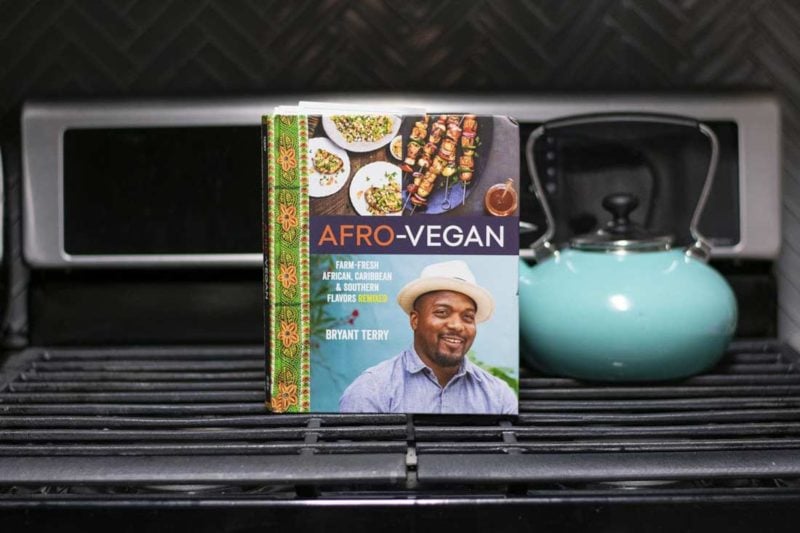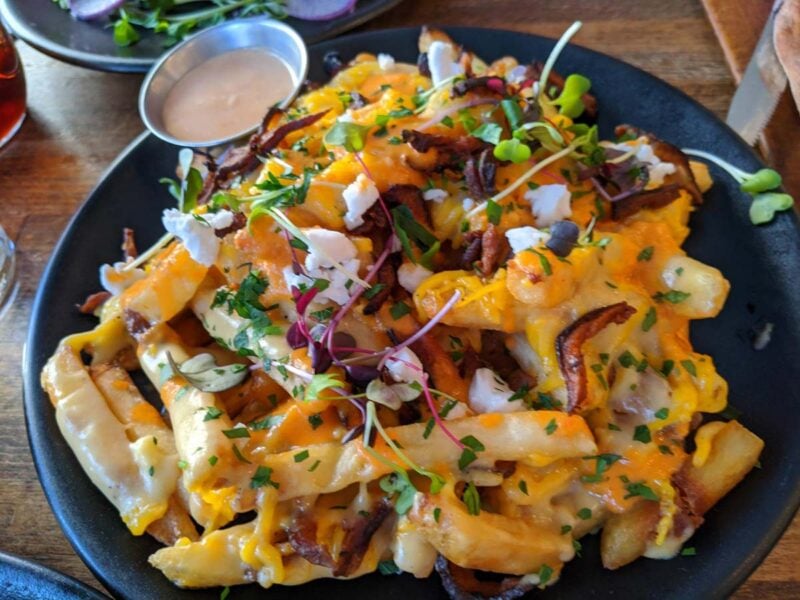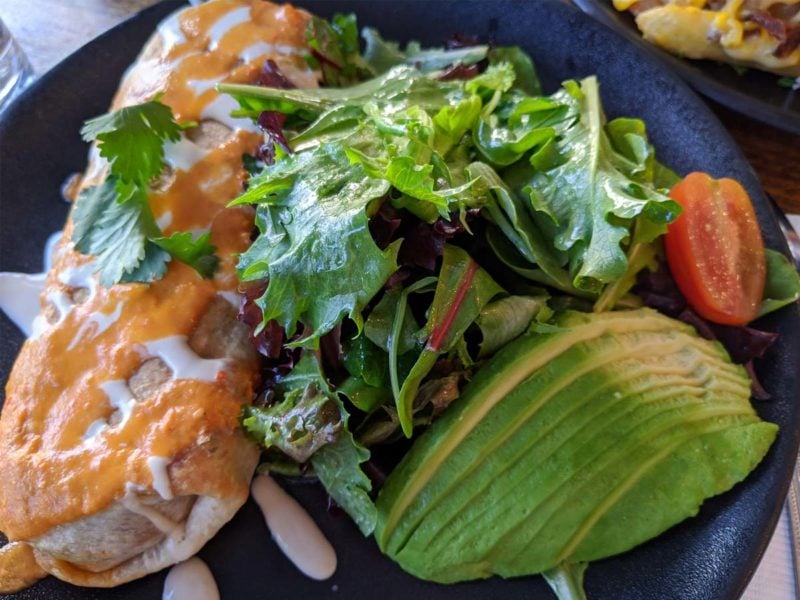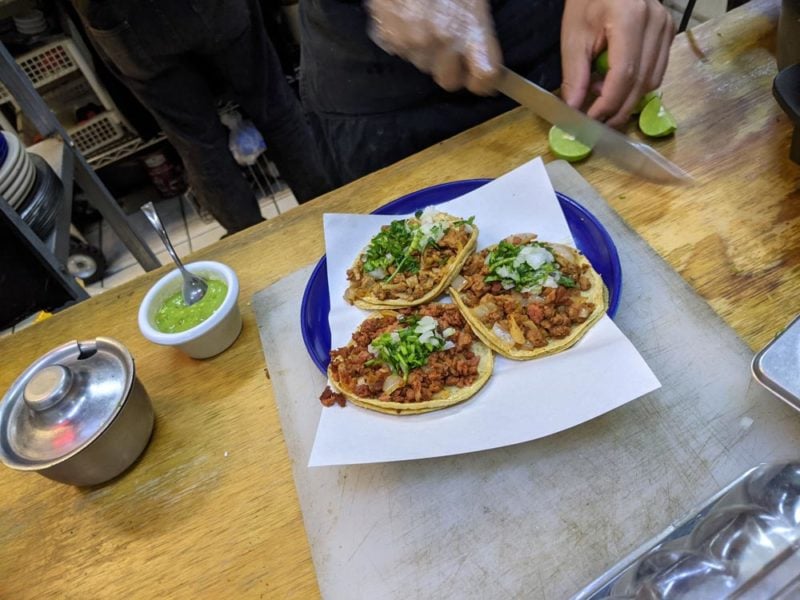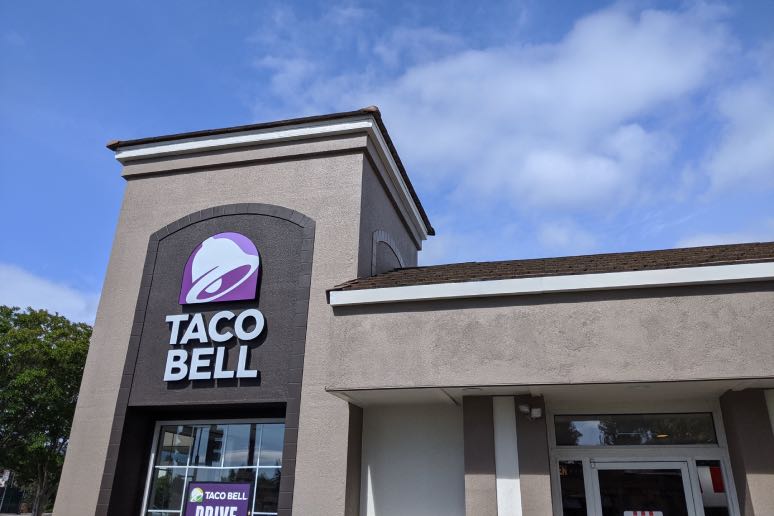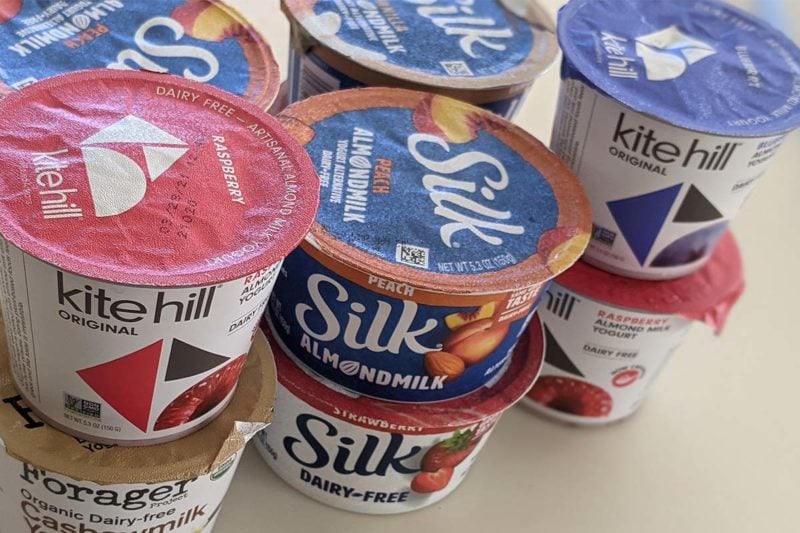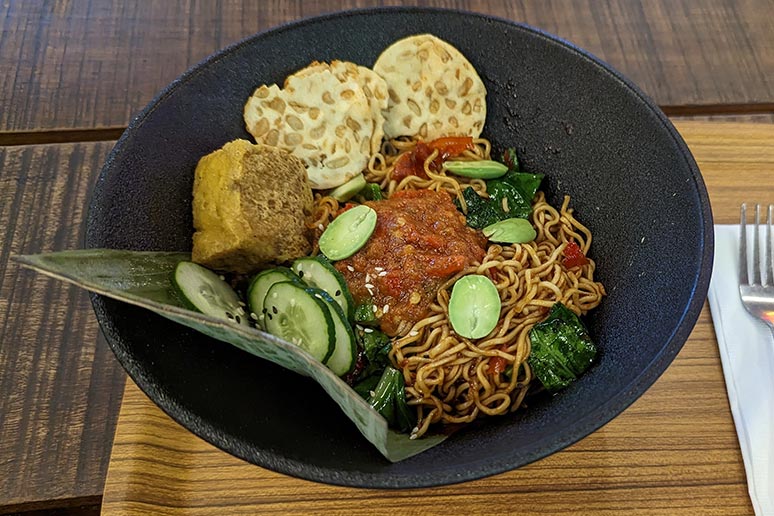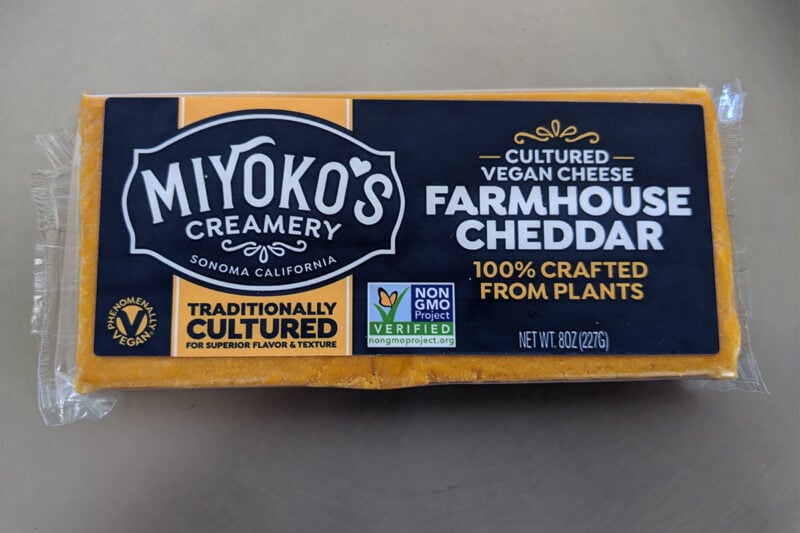As I finished watching Episode 3 of Jamie Oliver’s Food Revolution, I realized the program has cemented its place in my heart as my favorite new TV show. In this episode, Oliver’s work is starting to gain traction, and he’s given the opportunity to bring his reform efforts to the local high school. Here, the stakes are higher but the job is easier: the school’s cafeteria serves about ten times as many students as the elementary school in which the first two episodes were set. And, by virtue of their maturity, many of these high school students are vastly more receptive to trying new foods.
Nevertheless, there are nightmarish scenes that expose the idiocy of current USDA food policy: a seven vegetable stir-fry doesn’t count as a serving of vegetables, but French fries do. It’s going to be very, very tough for this policy to remain in place after being exposed to the public on this show.
Oliver recognizes that, by working at a high school, he’s got the opportunity to turn some of these students into powerful allies. He gets a half dozen students on board by promising to train them to cook. Each of these students has an interesting story. There’s a girl whose father died from obesity-related health problems, and who wants to spare others from suffering this tragedy. There’s a likable kid with anger issues who has been bounced around different foster homes, and who realizes that learning a trade like cooking could provide a stable career opportunity. And there’s a morbidly obese girl who is already suffering from health problems, and who has failed in all previous attempts to lose weight.
Every one of these kids is motivated to learn and to make a difference. You can’t fake caring, and it’s clear that these kid’s care about Oliver’s program, and Oliver cares about the kids.
The main drama in this episode revolves around Oliver’s decision to hold a fundraising dinner. Oliver needs to raise about $80,000 for training, in order to have the opportunity to expand his lunch reform efforts to every school in the Huntington district. One of the biggest advantages of the current school lunch program is that processed foods are, well, processed: they require minimal food preparation skills on the part of cafeteria staff. So when you switch the lunch program to emphasize freshly prepared meals, the lunch staff needs a ton of extra training. It therefore falls on Oliver’s shoulders to raise that money if his program is to go district-wide.
Oliver definitely has something of the long-shot high stakes gambler in his disposition. With his skills, it would be a simple enough task to hire a few trained chefs to put on his fundraising dinner. But he decides that if he could oversee his team of high school students, and get them to prepare a gourmet meal for eighty, it would make a powerful statement about his program’s potential.
And so we see his team of students descend upon the kitchen, working together for the first time. A couple of the girls already have great cooking skills, but the remainder of the team is painful to watch. One boy seems especially adept at burning bread, while another can’t handle a chef’s knife to save his life. Meanwhile the clock is ticking. It’s a stressful scene but everything gets pulled together at the last moment, and the meals end up looking amazing. As the meal ends, Oliver introduces the students to the guests, and each student says a few words. Their heartfelt statements gave Oliver’s program exactly the boost he was seeking. The tide is turning, and the community now has a stake in his program’s successs.
One of the biggest challenges for a food activist is to resist the temptation to be a lone wolf. This episode of Jamie Oliver’s Food Revolution does a great job of demonstrating the risks and possibilities of encouraging others to participate in your advocacy efforts.
As this episode ends, Oliver’s accomplishments have caused the show to deserve a new title. Until now, it’s really been Jamie Oliver’s Food Revolution—a one-man struggle to bring urgently needed reform to a small town. But now, the show could rightfully be named Huntington West Virginia’s Food Revolution. Oliver has succeeded in winning over students and adults who now care as passionately about school lunch reform as he does.
For the first time, it’s looking like the campaign has a real chance to succeed. We’ve now reached the halfway point in the series, and I can’t wait to see what happens over the final three episodes.
You can watch every episode of Oliver’s show for free at ABC’s website.





